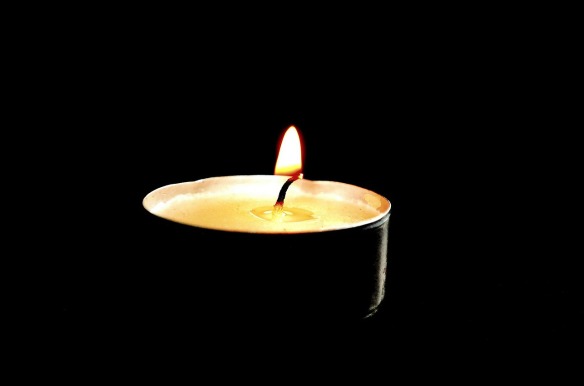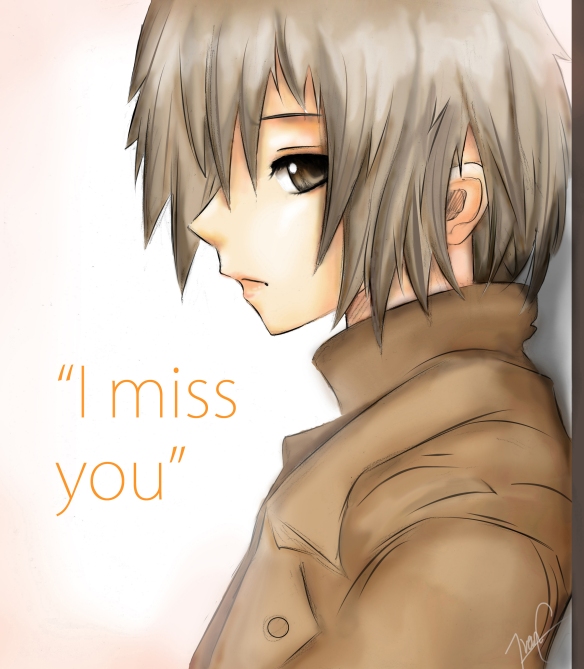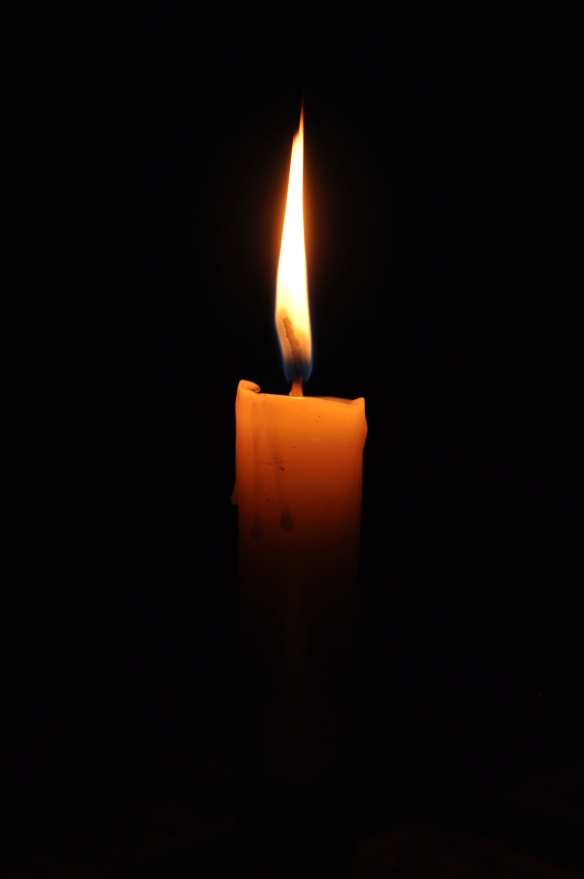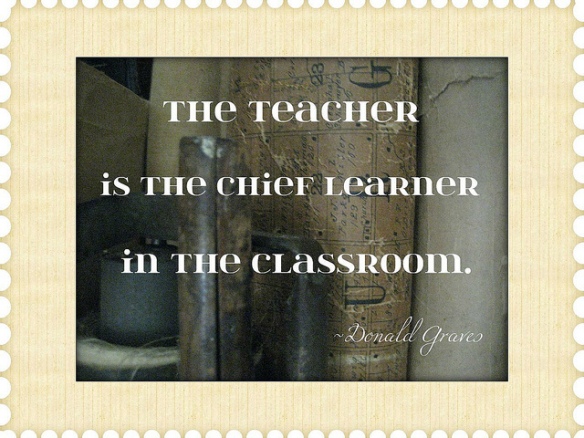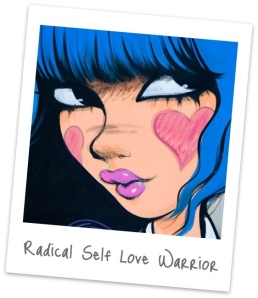a wake and a funeral.
we went to a special room in the hospital. it is in the basement. it has its own entrance. his name was on the billboard to tell us which door to go through. outside the door is a small table with envelopes. we fill them with money and write our names.
inside the room was a cafeteria, staffed by a cook. next to that there was a small nook. she waited there. his wife. strong as steel. how much had she endured? we exchanged hugs and shared pain. his picture took up one end of the nook. strong and vibrant as he used to be. in front of the picture were offerings and incense. in threes. we put our envelopes in a wooden box nearby. it won’t ease her pain.
lunch followed. how can anyone eat in so much grief. but they believe a shared meal lessens the grief. it is polite to eat. i couldn’t.
‘the funeral is tomorrow. will you come?’
‘i will come.’
we arrived in the morning. they brought the casket out of the hospital to a special room. we paid respect. more incense. his brother had arrived from canada during the night. he and three others carried the casket to the hearse. we got on a bus.
the first stop was his home in town. they carried his picture into the home. prayers and offerings put his spirit there to rest. the school was next. his classroom. our classroom. then his home in the countryside. finally the long road to the crematorium. we waited. the pallbearers brought the casket inside. people in white uniforms took it from there. we went to viewing room. as they lit the fire, she wailed. who could fail to respond with tears of their own? then to a special room to pray and bow. more incense and offerings. she at least must wait until it is finished. to receive the ashes.
we went home. solitary grief.
a body is just a container. the spirit said goodbye to its haunts. it rests.
alone i ignored my grief and buried myself in as much work as i could find. i’d pay later.
15 months have passed.


